How much does a kitchen extension cost and is it actually worth it? 4 design experts weigh in
If you want a bigger kitchen, you'll need to know how much to budget to get the additional space you need
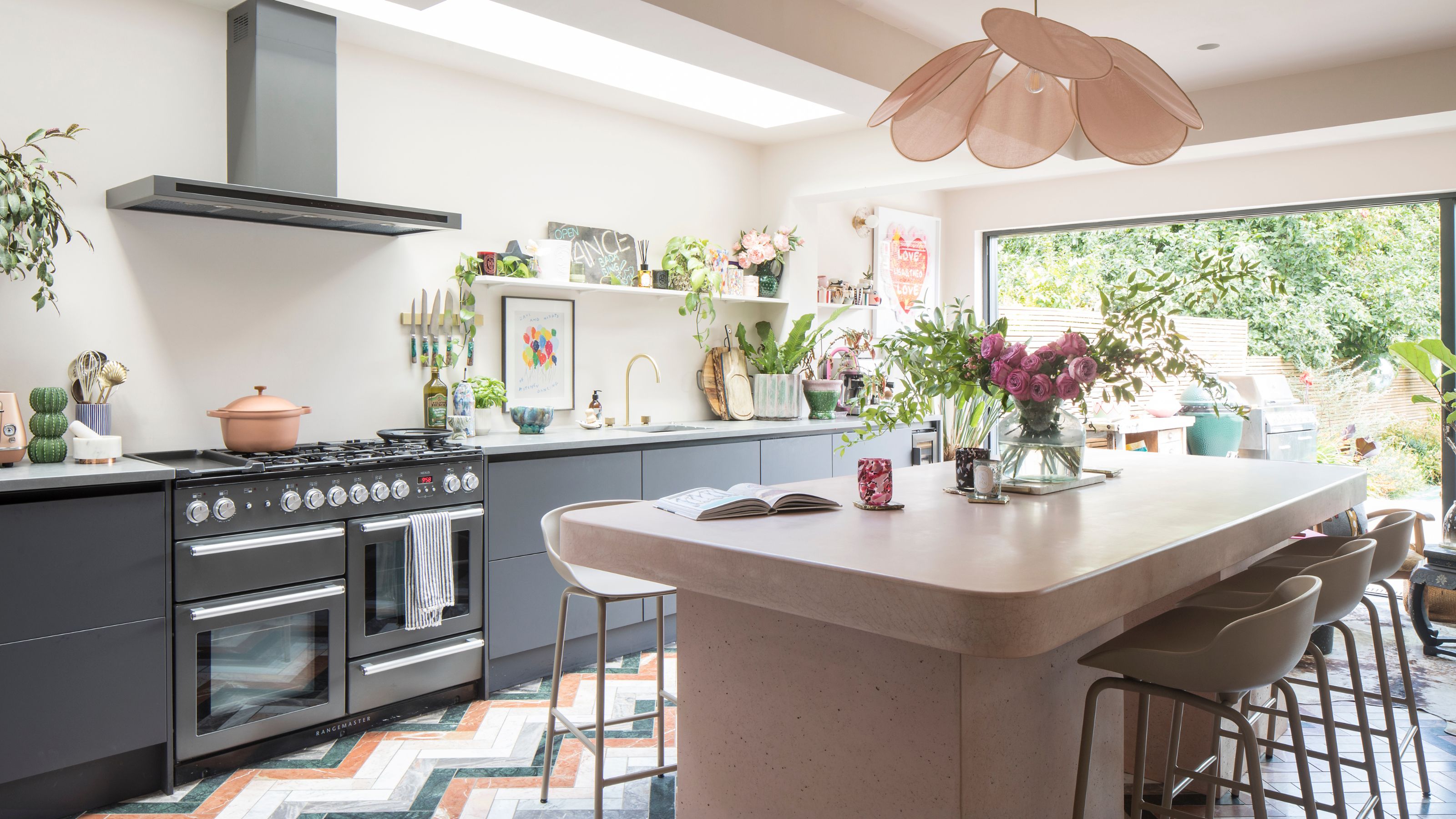

Katie Sims
The kitchen is one of the hardest working spaces in any home, and so it's not surprising that many homeowners are willing to invest to make the space bigger so it works better for their home and their lifestyle. But how much does a kitchen extension cost?
The answer will ultimately depend on the scope of your kitchen extension ideas, the specification you choose, and where you live. While extending a kitchen is a significant project to undertake, both practically and financially, having a key understanding of how much to budget and how to make the most of it is crucial for project success.
Here we explain how much a kitchen extension is likely to cost, the factors to be aware of that can send costs soaring, and offer some tips on how you can keep the budget under control.
How much does a kitchen extension cost?
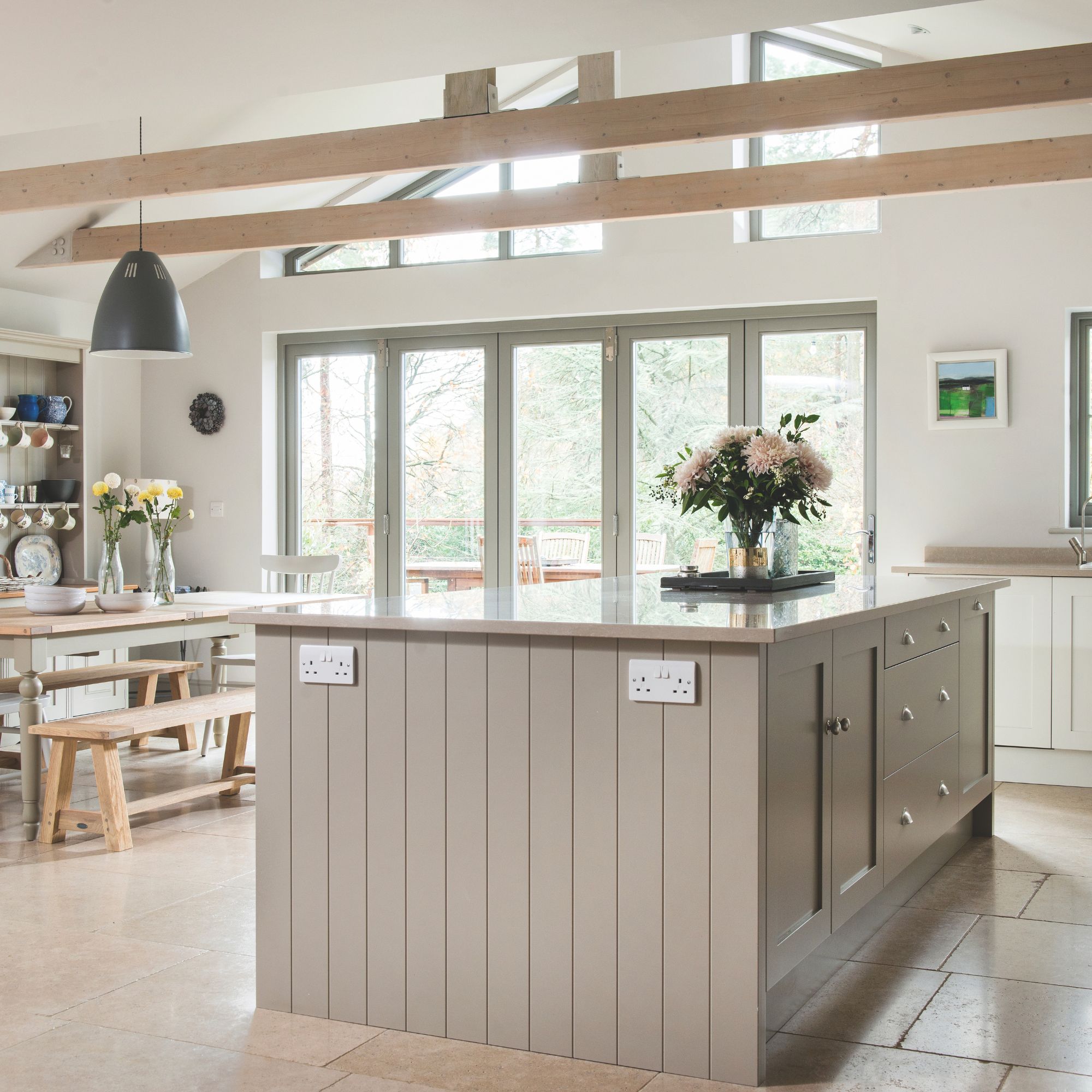
How much your kitchen extension costs will largely depend on what you build and where you build it, but these experts have broken down some average costs.
'On average, you can expect to pay between £1,320 and £2,500 per square metre,’ says Debra Hutt, kitchen design expert at Wren Kitchens. 'For instance, a 20-square-metre extension could range from £25,200 to £33,600. It's important to note that these figures are averages, and actual costs will vary based on specific project requirements and regional differences.'
Gareth Davies, Design Director at Classic Interiors, adds: 'Costs vary depending on the scale of the project, but a standard UK kitchen extension usually starts at around £30,000 and can go beyond £60,000 for a high-end finish.'
Running through the specifics of your ideas with an architect, kitchen designer and builder will help you understand the costs for your particular project.
Get the Ideal Home Newsletter
Sign up to our newsletter for style and decor inspiration, house makeovers, project advice and more.
What can affect the cost of your kitchen extension?
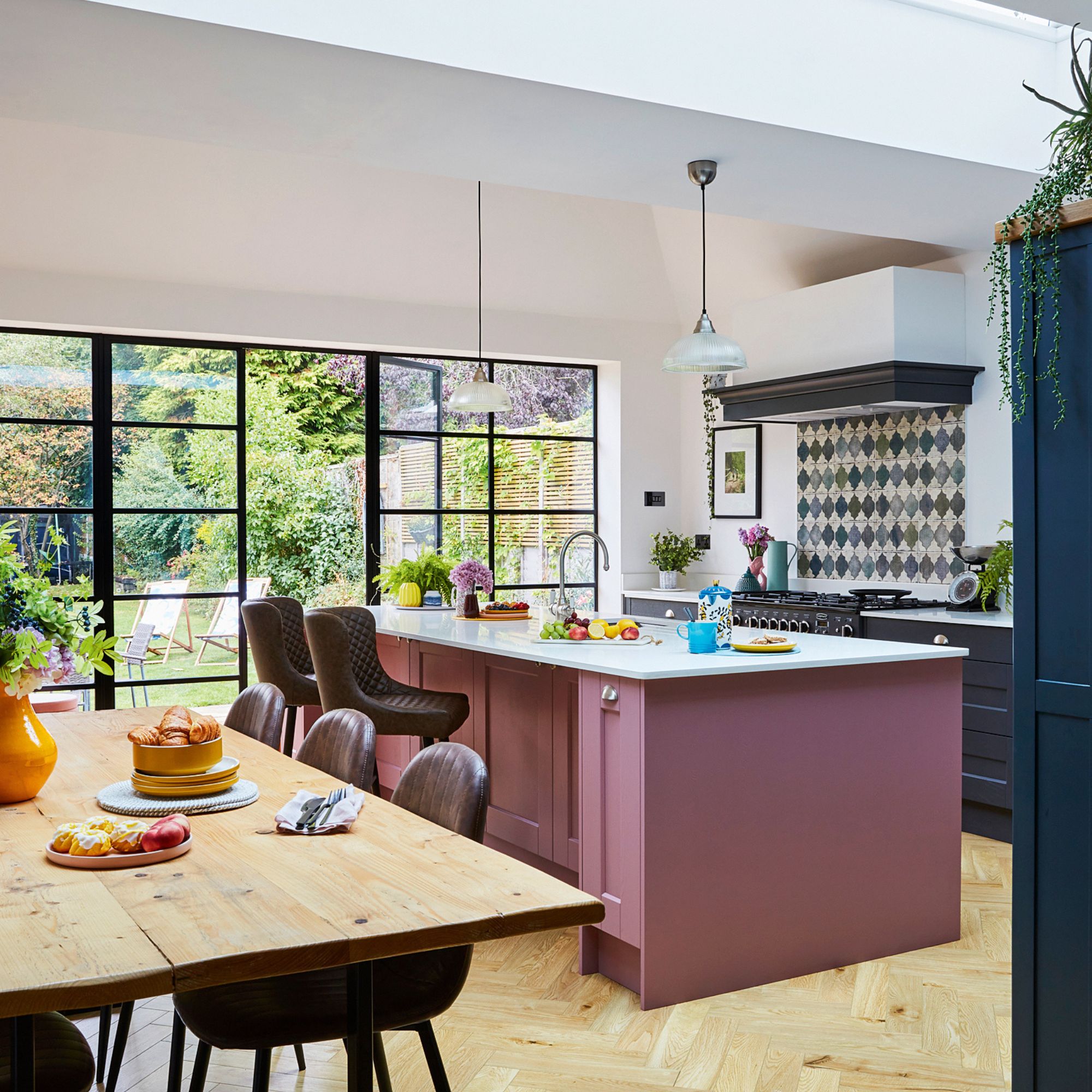
There are several factors that can massively influence the cost of your kitchen extension:
Size
Understandably, a larger kitchen extension will warrant a higher price tag. Not only will you need more materials to build the extension itself, but you'll likely need to spend more filling the new space so it doesn't feel too empty. Bigger extensions also take longer to build, which means you'll likely need to pay more to have your tradespeople on site for longer.
If your kitchen extension plans fall outside of Permitted Development rules in your area, then you'll also face extra costs when having to apply for planning permission.
'An extension doesn’t have to be large to make an impact,' says Gareth Davies. 'A small side or rear extension can improve layout, create better flow, and bring in more light. Built-in seating, open shelving, and a lighter colour scheme help maximise the sense of space.'
Your choice of construction system will also impact your costs. Brick and block may be more affordable, while opting for an oak-frame addition or using SIPs (structural insulated panels), will add to the overall price.
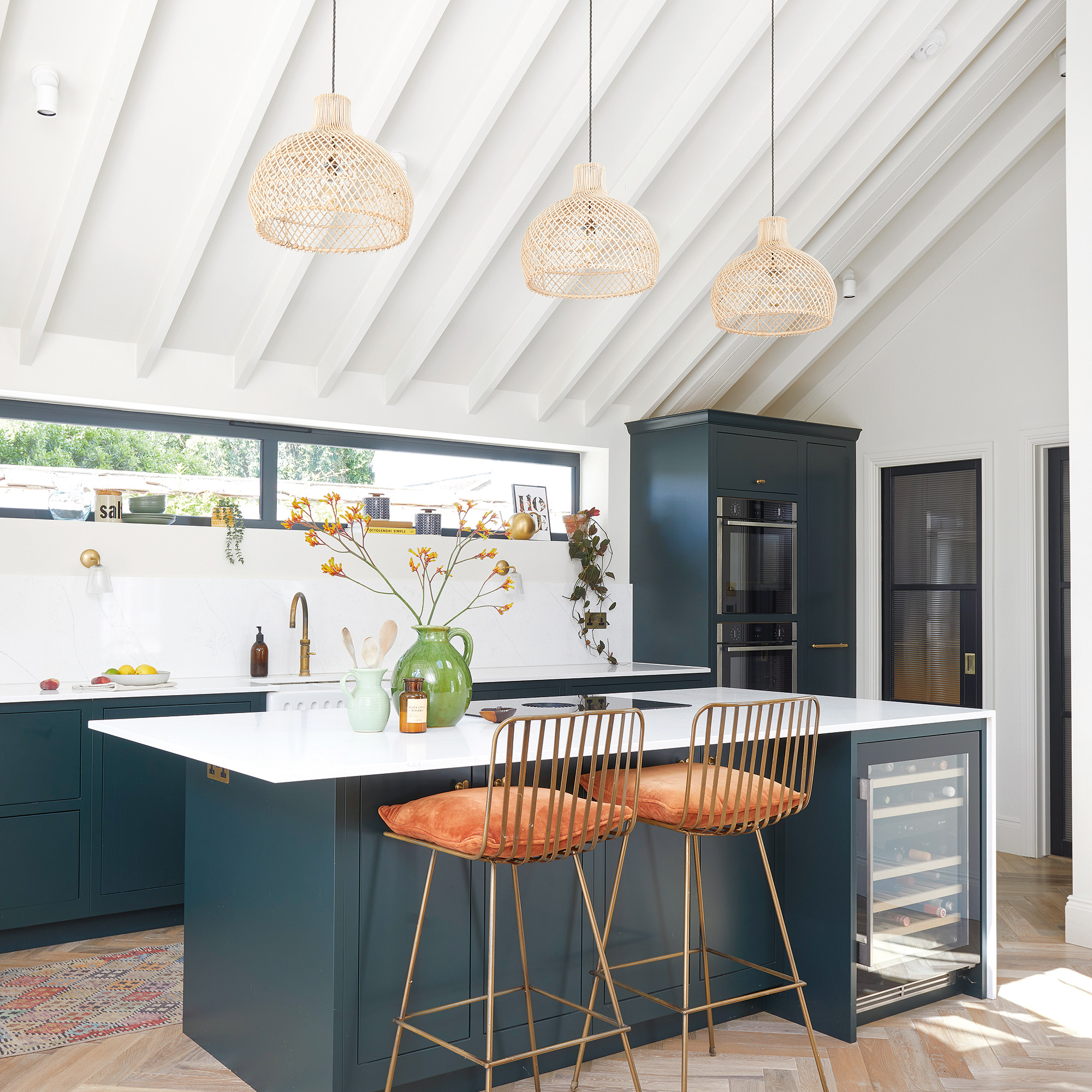
Specification
The materials and finishes you choose will also affect the price you pay for your kitchen extension. High-end options, with bespoke finishes or in custom sizes will eat up a chunk of your pot.
Al Bruce, founder of Olive & Barr, says: 'Solid wood cabinets usually cost more than engineered wood or laminate ones. Marble countertops are generally pricier than quartz or granite. These differences in materials can significantly affect the total cost. '
But it is possible to extend your kitchen on a budget, without compromising on style and quality, provided you know the tricks to try. Making sure you avoid these budget kitchen extension mistakes is a good starting point.
The complexity of the design also plays a part, says Al: 'Further complicating matters is the design complexity. Intricate designs with unique features or complex layouts will naturally drive up the cost of production. For instance, a kitchen with several custom-built storage solutions and integrated appliances will likely exceed the average price range due to the advanced craftsmanship involved.
'However, it’s important to pay attention to quality: where the units are made, the material used and the joinery details. Choosing solid wood such as tulip, ash or oak will withstand years of use and keep the kitchen looking as good as new for years to come.'
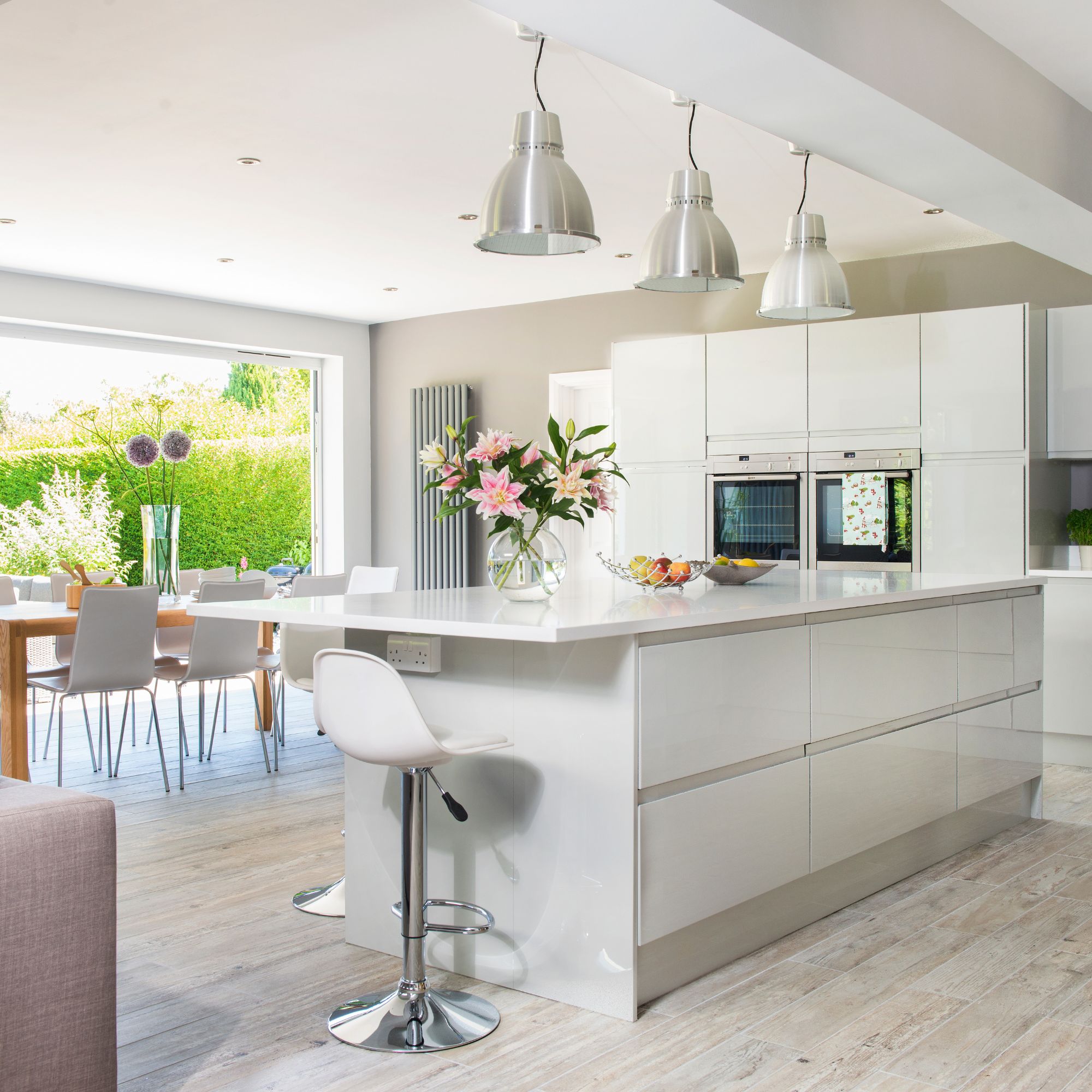
Where you live
The location of your property will also have an impact on cost. For properties located in cities, and in London in particular, labour and materials may be more expensive. You might also face additional costs if there are any logistical issues that need to be resolved, such as site access or material storage. This can particularly be the case in terraced homes.
If you live in a designated zone, like an Area of Outstanding Natural Beauty or conservation area, you will likely also have the planning application fee on top. There might also be planning conditions attached to your permission that you will need to pay to discharge before you can begin.
In these areas, you might also find that there are very strict rules around the materials you can use, and they may not be on the budget end of the scale.
Structural changes
'In construction terms you will want to avoid complex structural alterations (requirement for beams = costs)', says George Omalianakis, Architecture Director at GOA Studio. 'Your architect and structural engineer will help you assess this and find the most straightforward way to meet your requirements.'
Making changes when it comes to plumbing can also prove expensive. So if you are looking to stick to a tight budget, it's best to come up with a design for the new space that leaves these where they are (if possible).

George Omalianakis is an award-winning contemporary architect, member of the Royal Institute of British Architects (RIBA), and the Green Register of Construction Professionals, and is registered with the Architects Registration Board (ARB)
Rules and regulations approval
Even if your kitchen extension doesn't require planning permission, it will need Building Regulations approval. How much your application costs will depend on the specifics of your project and at what points an inspector needs to come and sign off on the work.
But you could speak to your local Building Control department and explain the scope of the work you propose to get an indication of how much you will pay in fees.
If you build near the boundary with your neighbours, you may also need a party wall agreement in place. If your extension is near a public drain at all, it will need to be approved by the local water authority, too.
Lastly, if your property is under a leasehold ownership then you will need your Freeholder to agree to any alterations you do to your property. This will bump the overall kitchen extension cost up further, as you may need to account for solicitor fees.
Is a kitchen extension worth it?
There are two points to consider when weighing up whether a kitchen extension is worth it.
The first is the financial return on your investment, and this is crucial if you are planning on selling in the near future and want your kitchen extension to add value to your home. You'll want the value you add to be more than the cost of the project. Before you start, it's worthwhile looking at properties that have recently sold in your area to get a sense of what they are selling for.
Al Bruce adds: 'When done correctly, a well-designed kitchen extension has the potential to increase a property value by up to 15%. Investing in the quality of kitchen as well as a cleverly thought-out design can not only make the space appear more beautiful, but also add to the functionality of the room.
'Open-plan spaces create a real wow-factor to the home, which can have an impressive impact on a potential buyer. As well as adding a sense of space, lighting is also a key design element.'
Secondly, think about the benefit the change will have on how you live in and interact with your home. The cost of moving house is high, and so it might be more cost-effective to improve where you already are instead.
Once you've decided that you should extend your kitchen, you might want to check out these kitchen lighting ideas to make the most of your new space.
Want to extend your kitchen? Let us know all about it in the comments below.

Sarah Handley has been Ideal Home’s Section Editor for Renovation since September 2024, following three years of looking after the site's home finance content. She has been a journalist since 2007 and has worked for a range of titles including Homebuilding & Renovating, Real Homes, GoodtoKnow, The Money Edit and more.
- Katie SimsContributor
You must confirm your public display name before commenting
Please logout and then login again, you will then be prompted to enter your display name.
-
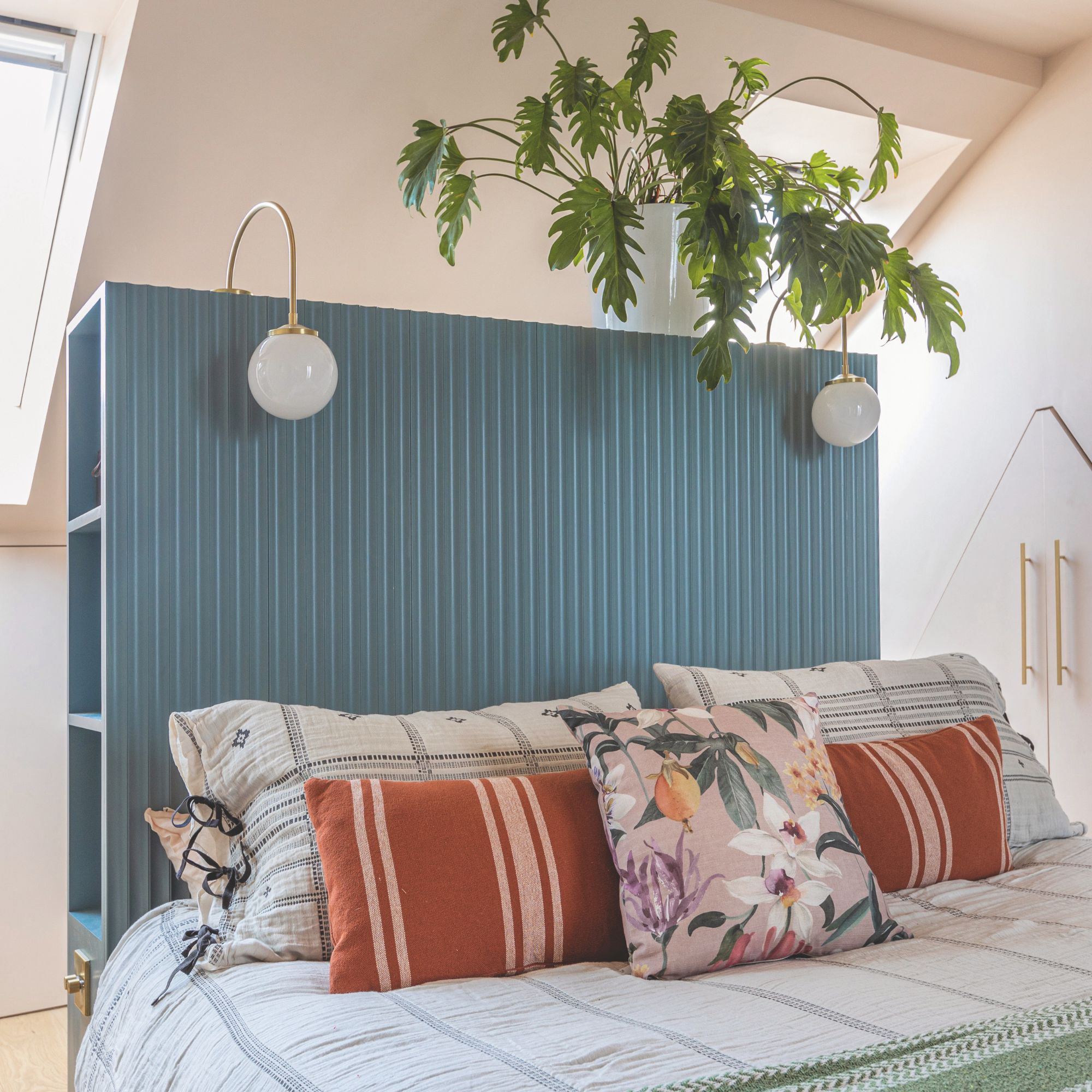 5 signs you’ve taken decluttering too far — and how you can pull yourself back, according to organisation experts
5 signs you’ve taken decluttering too far — and how you can pull yourself back, according to organisation expertsYou might have to start resisting the urge to purge
By Lauren Bradbury
-
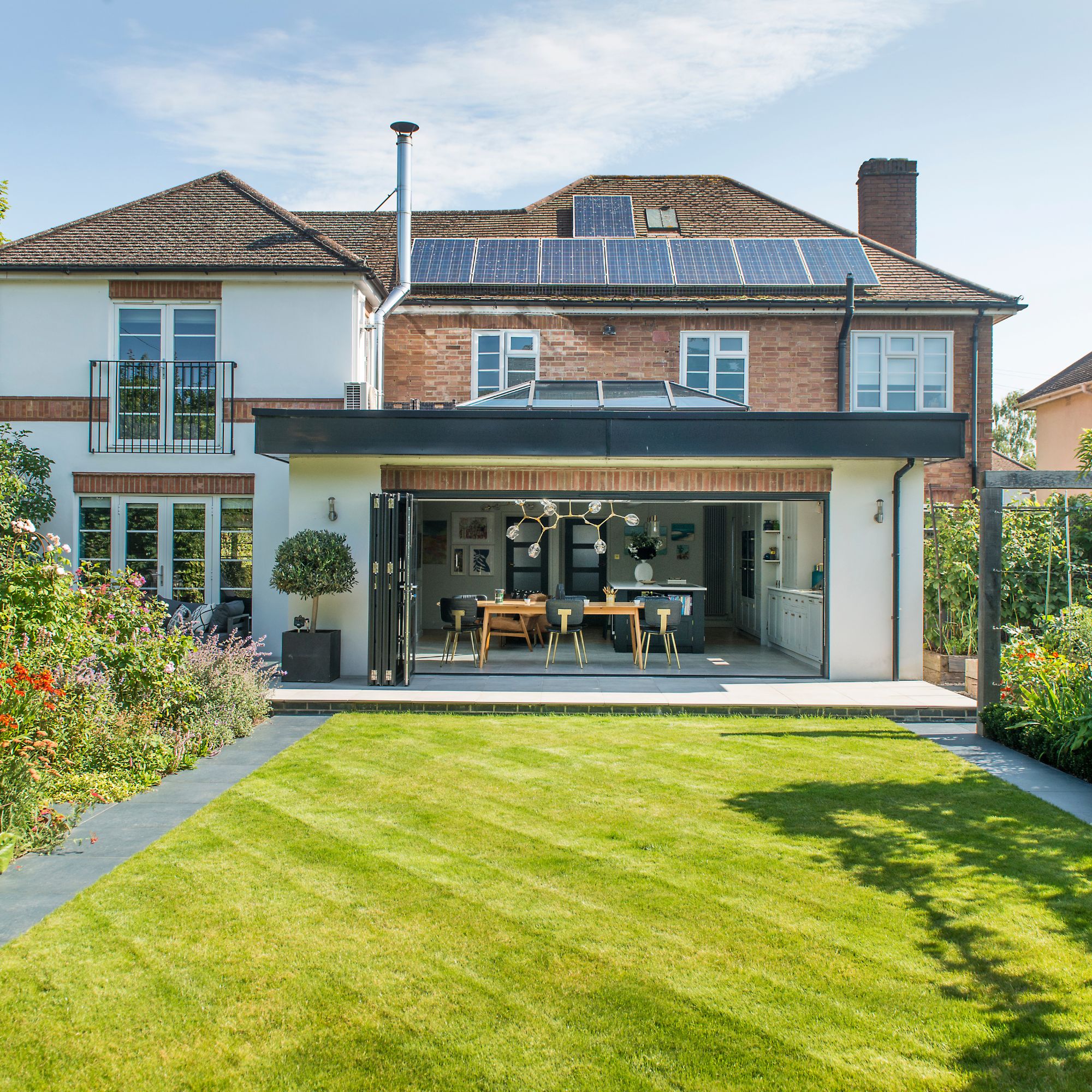 What is the Party Wall Act 3m rule and is it something you should be worried about? This is what the experts say
What is the Party Wall Act 3m rule and is it something you should be worried about? This is what the experts sayDon't get caught off-guard by the Party Wall Act 3m rule — our expert guide is a must-read
By Natasha Brinsmead
-
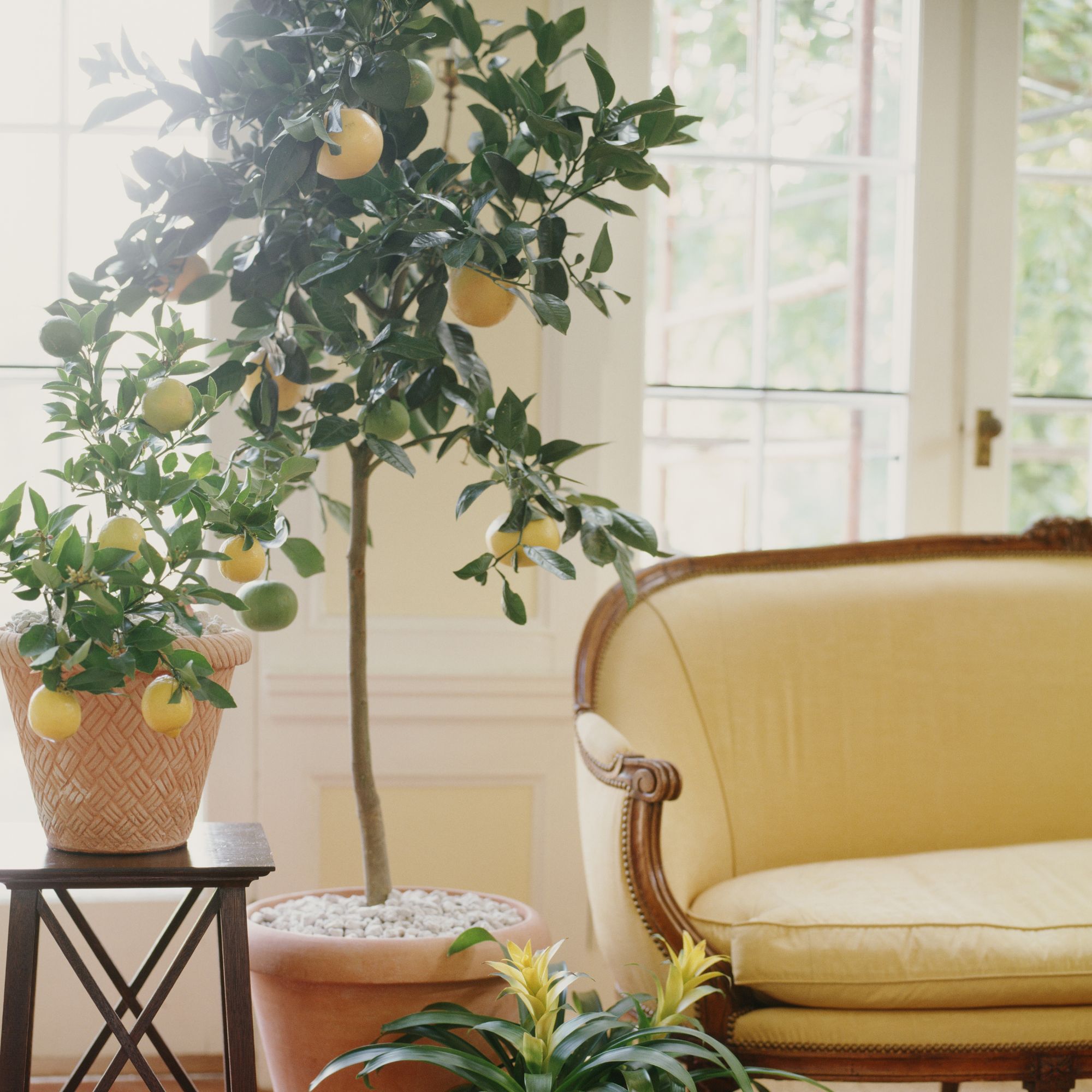 Shoppers can’t get enough of The Range’s lemon tree, but I’ve found an even cheaper bestseller at B&Q - it’s perfect for a Mediterranean look
Shoppers can’t get enough of The Range’s lemon tree, but I’ve found an even cheaper bestseller at B&Q - it’s perfect for a Mediterranean lookWelcome the summer with this glorious fruit tree
By Kezia Reynolds